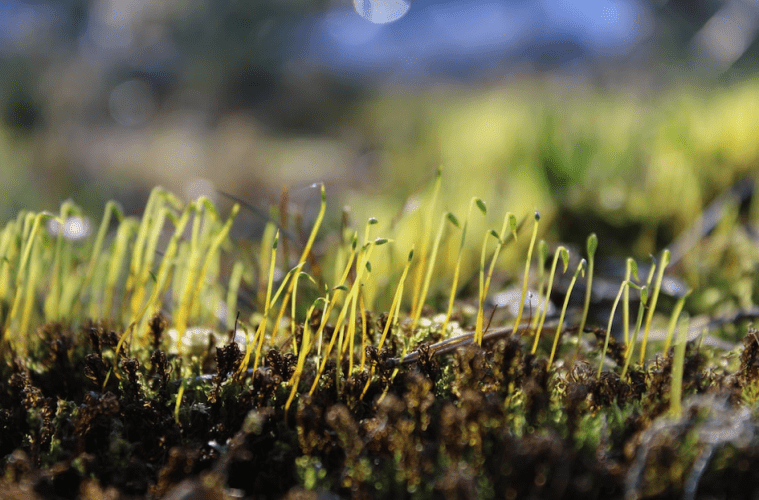Recent research conducted by a team from the French Institute for Horticultural Research and Seeds (IRHS) has revealed a connection between seed weight and their protein content.
Seed quality is the result of their maturation on the mother plant and is measured based on four criteria :
1. Purity of the origin;
2. Health quality;
3. Nutritional quality;
4. Germinative quality.
Experiments conducted on alfalfa demonstrate that larger or heavier seeds offer faster germination and initial growth.
The researchers at the institute analyzed and compared the elemental, isotopic, and metabolic compositions of seeds of different sizes, yielding the following observations:
Heavier seeds contain more nitrogen, hexoses (glucose, fructose, etc.), or amino acids and are more conducive to cell division. Furthermore, they contain fewer metabolites that could degrade amino acids.
These differences related to the maturation phase are thought to be due to the seed’s position in the pod, the levels of sugars and amino acids in the sap, as well as the seed’s development period.
Source: INRAE




